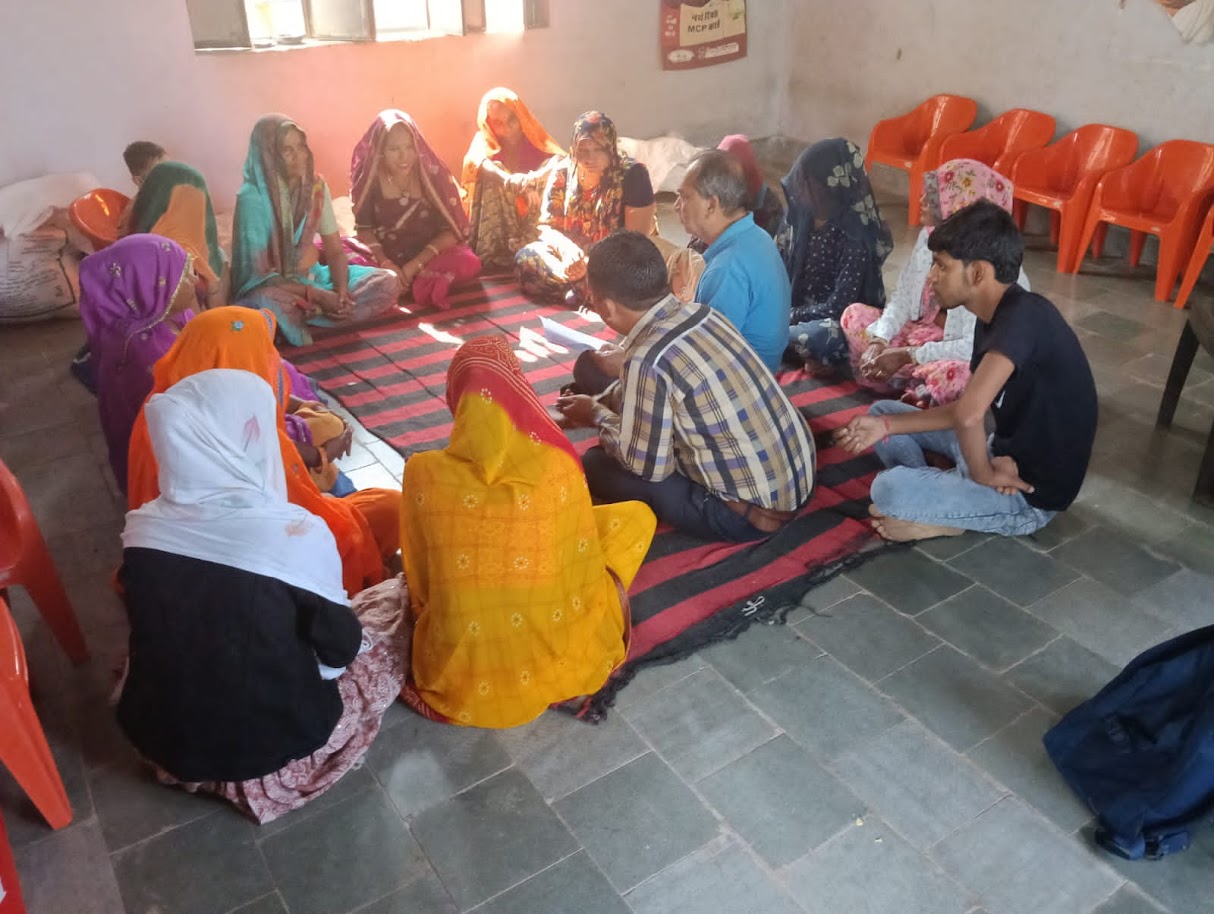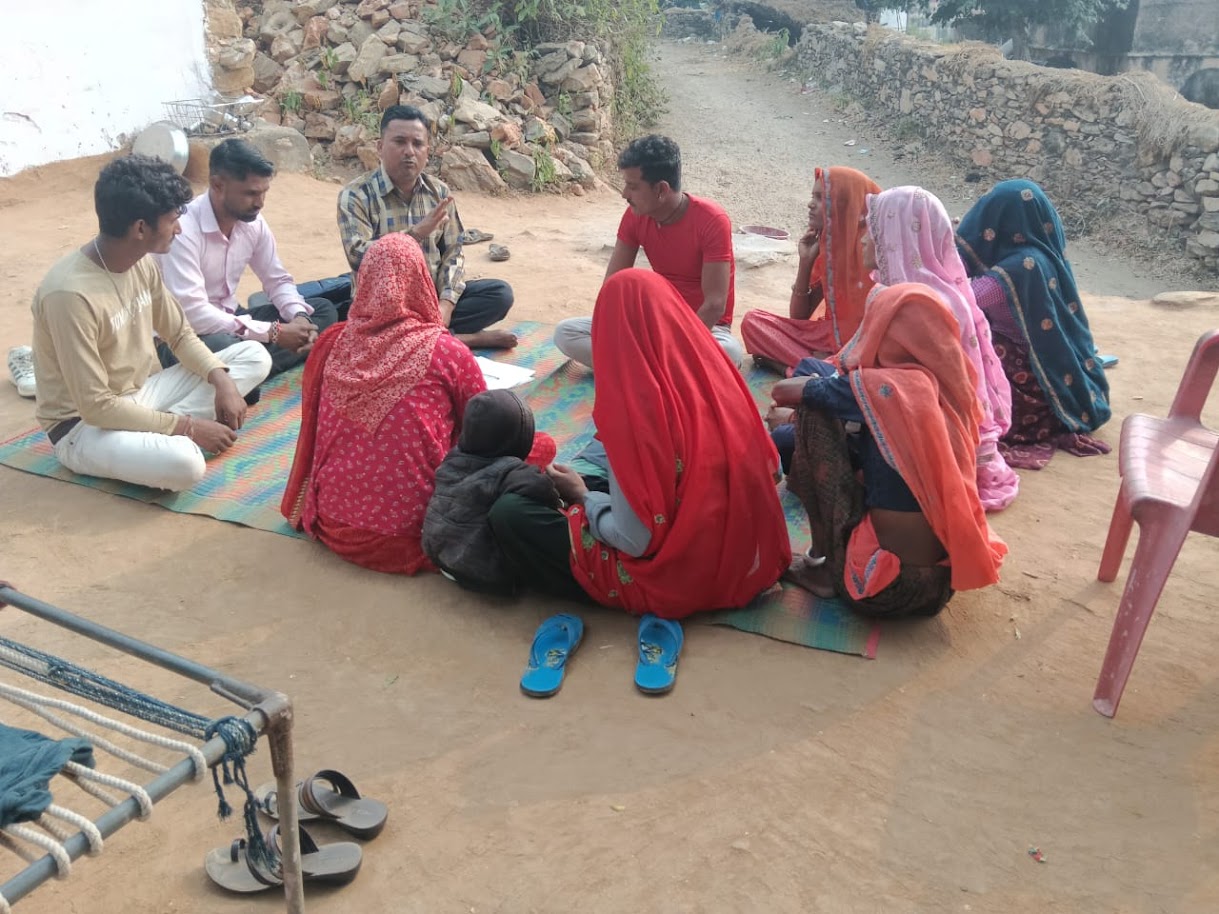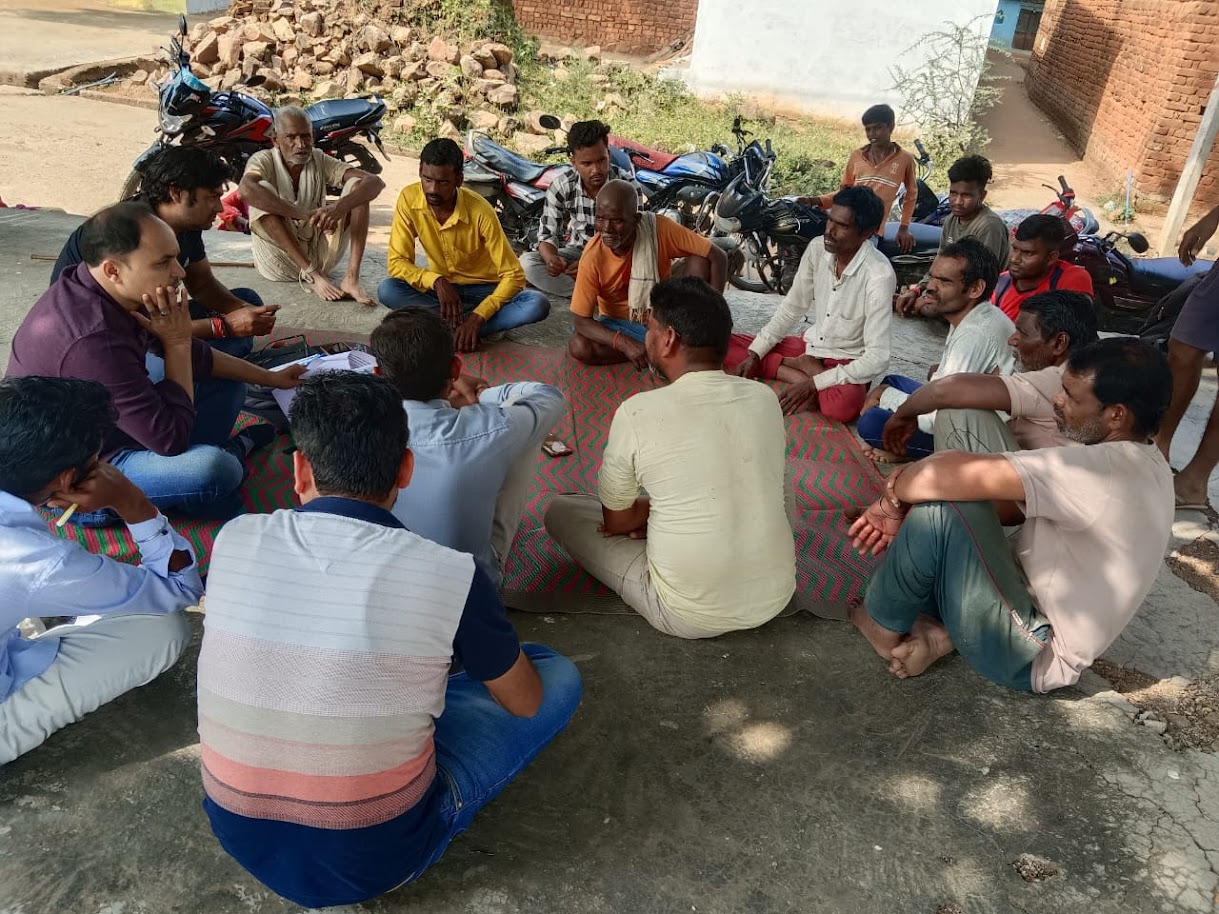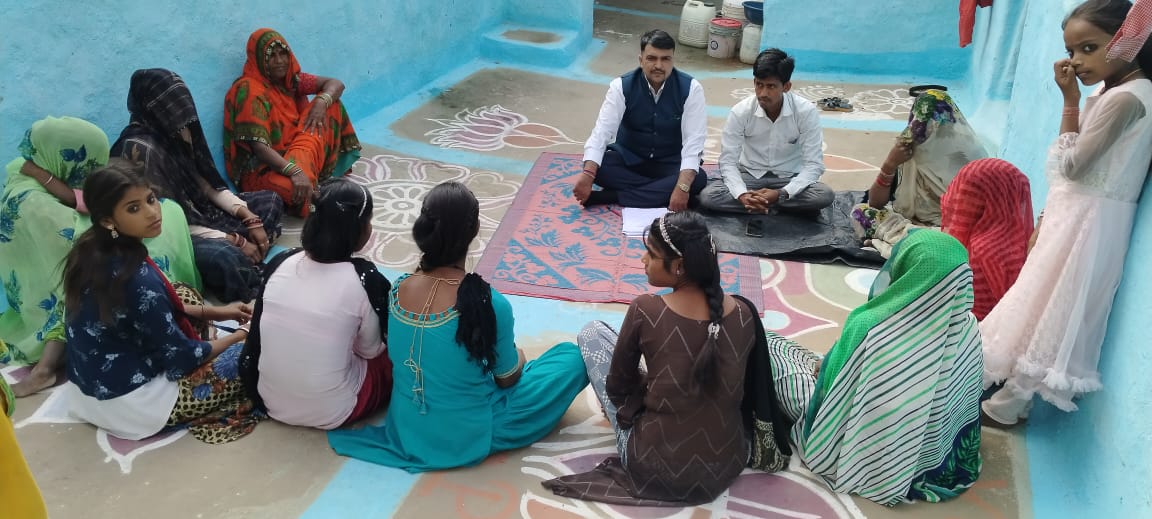Baseline and Feasibility Study for Enhancing Agricultural Productivity and Sustainability
A Collaborative Initiative by ISRN and Delhi Premier Rotary Service Foundation (DPRSF)
The Indian Social Responsibility Network (ISRN), in partnership with the Delhi Premier Rotary Service Foundation (DPRSF), undertook a comprehensive Baseline and Feasibility Study aimed at enhancing agricultural productivity and promoting sustainable farming practices. The study was implemented under the PWABHI initiative across five districts in four states—Rajasthan, Uttar Pradesh, Madhya Pradesh, and Maharashtra—covering 36 villages.
Study Design and Methodology
The study employed a mixed-methods approach, integrating both quantitative and qualitative tools to capture a holistic understanding of the agricultural ecosystem. The methodology included:
Household Surveys: Conducted digitally across 1,781 households using Water application to collect data on key parameters such as crop yields, income levels, irrigation methods, cultivation patterns, etc.
Focus Group Discussions (FGDs): Organized 28 FGDs with diverse community members to gather nuanced insights on farming practices, gender roles, and community dynamics.
In-Depth Interviews (IDIs): Carried out 61 IDIs with district/block-level officials, Panchayat leaders, and agricultural experts to understand governance structures, existing schemes, and local challenges.
Soil and Water sample Testing: Conducted 112 soil and water sample testing (56 each) to assess the health of natural resources critical for agricultural sustainability.
Measurement of Groundwater Levels: Undertaken to evaluate water availability, usage trends, and the sustainability of current irrigation practices.
Secondary Research: Complemented the primary data collection by analyzing existing reports, government records, and research studies relevant to the target geographies to strengthen contextual understanding and validation.
Special emphasis was placed on gender inclusivity, ensuring balanced representation and participation from both male and female farmers to accurately reflect community realities and address gender-based agricultural challenges.
Way Forward
The study identified key gaps and opportunities for intervention, providing evidence-based recommendations to improve agricultural sustainability and farmers’ livelihoods. The findings from this study will serve as a strategic foundation for developing targeted interventions in the next phase. These will focus on sustainable water and soil management, climate-resilient agriculture, Improve groundwater recharge, implement watershed management programs, capacity building of farmers, and strengthening local governance mechanisms.










